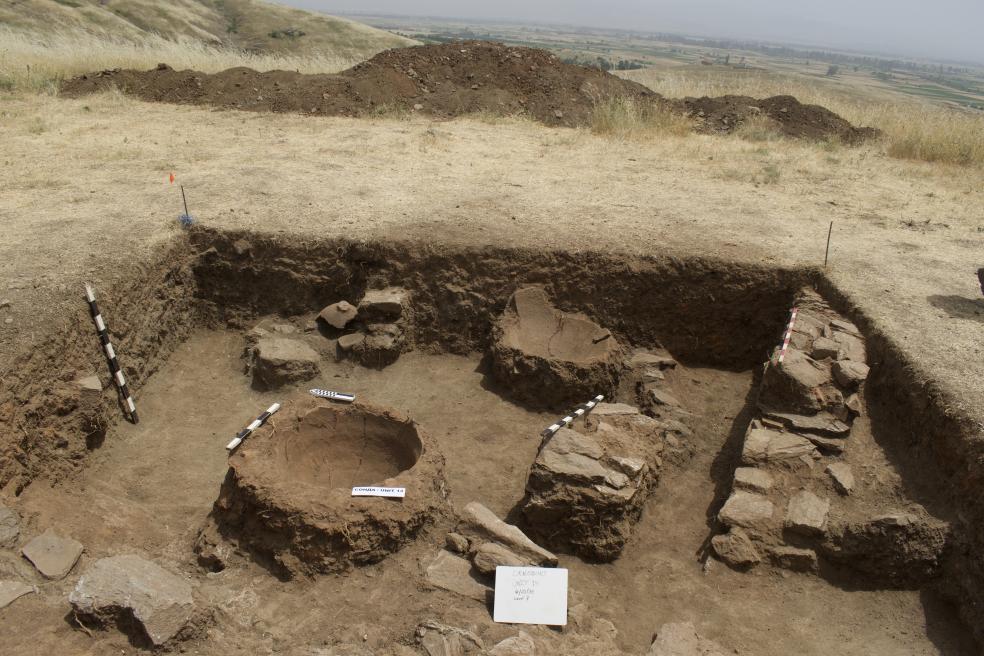The remains of Lyncus, the lost capital city of the ancient Kingdom of Lyncestis, may have been found by archaeologists excavating the Gradishte site in North Macedonia.
The Kingdom of Lyncestis (or “land of the lynx”) was an autonomous region in Upper Macedonia until it was conquered in 358 BCE by Philip II, father of Alexander the Great. The lost capital of Lyncestis was likely the ancient city of Lyncus, where it is believed that Eurydice, the queen and wife of king Amyntas III of Macedon (and grandmother of Alexander) was born.
Related Articles

There have been ongoing excavations at the Gradishte site by a joint team from Macedonia’s Institute and Museum–Bitola and the California State Polytechnic University in Humboldt since it was first discovered more than 15 years ago.
Initially the team found the remains of a military outpost that was constructed to defend against Roman attacks. In 2023, however, the team decided to go deeper using ground-penetrating radar and drone-mounted LiDAR, which uncovered a sprawling city complete with a seven-acre acropolis, a Macedonian-style theatre, and a textile workshop.
A coin minted between 325 and 323 BCE, found at the site, helped date it to the reign of Alexander the Great. Stone axes and ceramic fragments indicate that the city was operating as early as the Bronze Age (3300–1200 BCE).
Additional finds include a clay theater ticket, pottery, game pieces, and textile tools.
“This discovery is significant. It highlights the complex networks and power structures of ancient Macedonia, especially given the city’s location along trade routes to Constantinople. It’s even possible that historical figures like Octavian and Agrippa passed through the area on their way to confront Cleopatra and Mark Antony at the Battle of Actium,” Nick Angeloff, Cal Poly Humboldt Anthropology professor and archaeologist, said in a statement.
As archaeologists continue to examine the site, this latest discovery provides further insight into a time when the ancient Macedonian kingdom was one of the first states in Europe.

